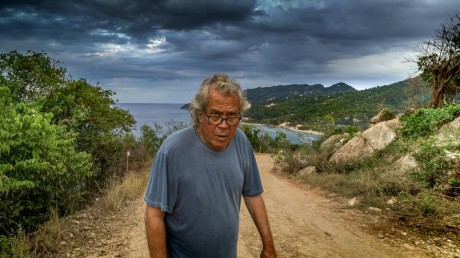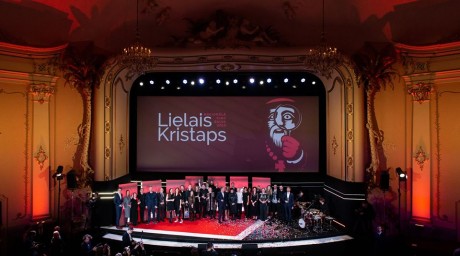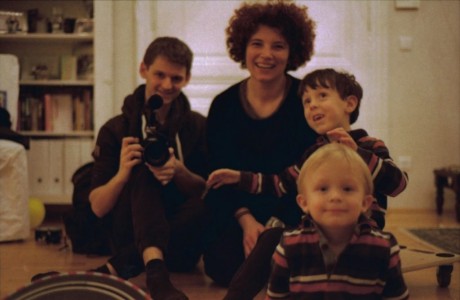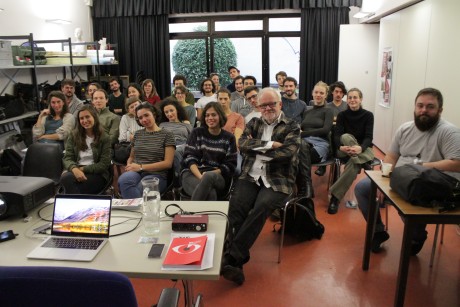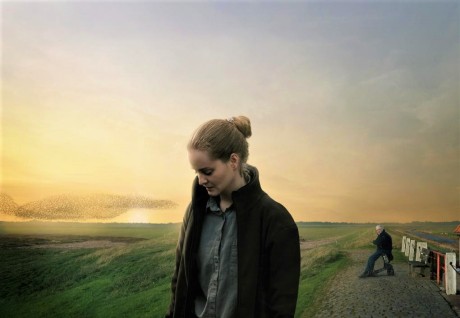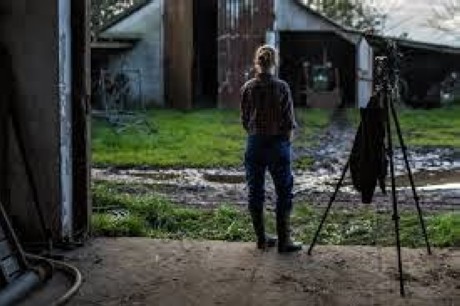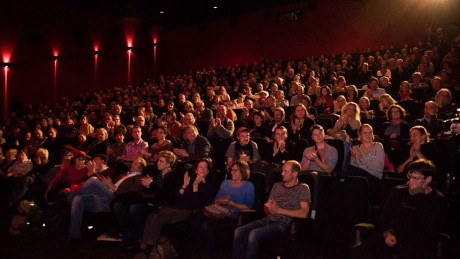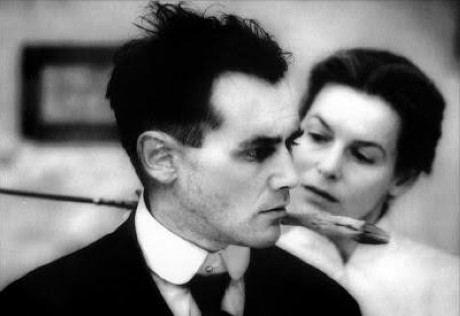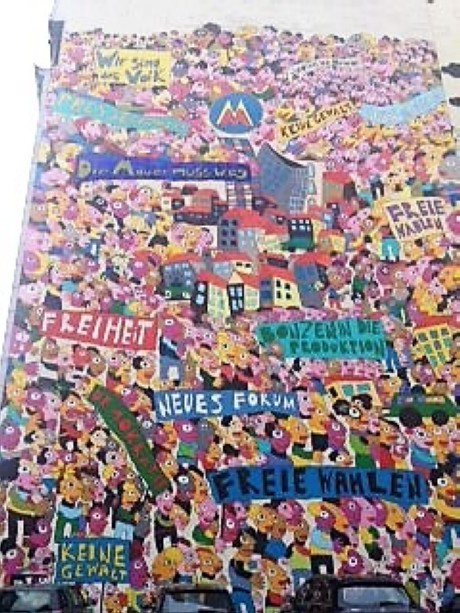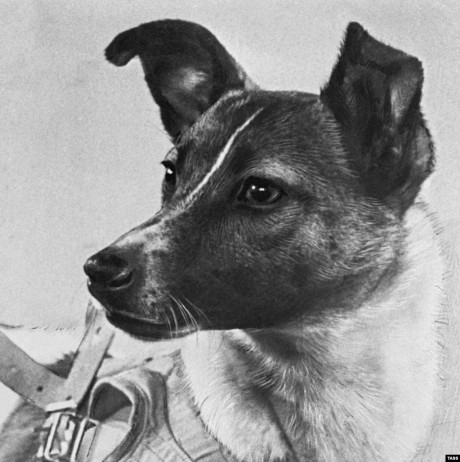


IDFA Opening Night 2019
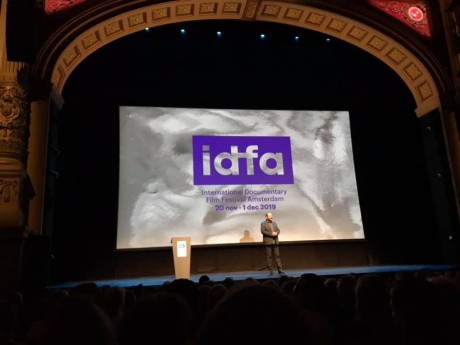
The opening night at the beautiful Royal Theatre in Amsterdam, Carré, was very well put together. As an homage to D.A. Pennebaker, who died this year, 94 years old, his five minutes long jazzy (Duke Ellington) ”Daybreak Express” from 1953 was shown. Lovely, reminded me of his colleague Richard Leacock’s ”Jazz Dance” that came out the year after. Both full of ambition, full of enthusiasm for their medium, full of desire to find their voice as documentary directors, curious, loving life. Pennebaker was 28, young, at the beginning of a long carreer. A founding father and an important filmmaker in the history of IDFA.
As said Orwa Nyrabia, the artistic director of the festival, who enters the
stage, presents himself – big applause – and without looking at a script talks long and beautifully about the festival and its impressive program that he and his colleagues have put together for the Amsterdam audience and for the many of us visiting the festival. Nyrabia is sweet, charming, positive, clever… as Cecilia Lidin and I whispered to each other on the balcony.
Film history, Nyrabia, said referring to Pennebaker, and there is a lot of that in the program, thank you, but we can not only look back, he said and invited the youngest filmmaker of IDFA 2019 on the stage, Carol Nguyen, Canadian-Vietnamese, whose 16 mins. “No Crying at the Dinner Table” is at the Student Film comptition. With the help of the press release, here is a quote from her speech:
“If you ask me, today is the best day to be a woman in film. Within the last few years alone, we have seen a rise of diverse representation in mainstream media. Society and our audiences are more conscious than ever about the lack of gender and racial parity in film. Film festivals have even set gender parity goals for themselves. We are all demanding it. Because of this, I am optimistic”.
Orwa Nyrabia back on stage, quote from press release again:
”In his speech, Nyrabia emphasized the important role of documentary films in today’s turbulent times.
“In such times, when standing against racism, exclusion, injustice, oppression or global warming might be called “elitist,” when state subsidies for arts and culture are being cut down in various parts of the world, allowing populist approaches and discourses to take over—it feels like we don’t have much choice. We can choose to escape reality by watching a fun romantic comedy in order to forget. We can choose to lose sleep, fall into the trap of continuous draining panic, and watch a sensationalist commercial documentary. But, in fact, we do have a third way: we can protect our sanity, our balance, and our integrity while we face such a reality. This is where good cinema comes in”.
And then the screening of “Sunless Shadows” by Mehrdad Oskouei, the Iranian documentarian, who again showed his masterly documentary skills. Touching, thought-provoking it is, I will come back to it in a separate post.
IDFA has started. Today thursday will be a day full of visits to the cinema plus a couple of link screenings.
